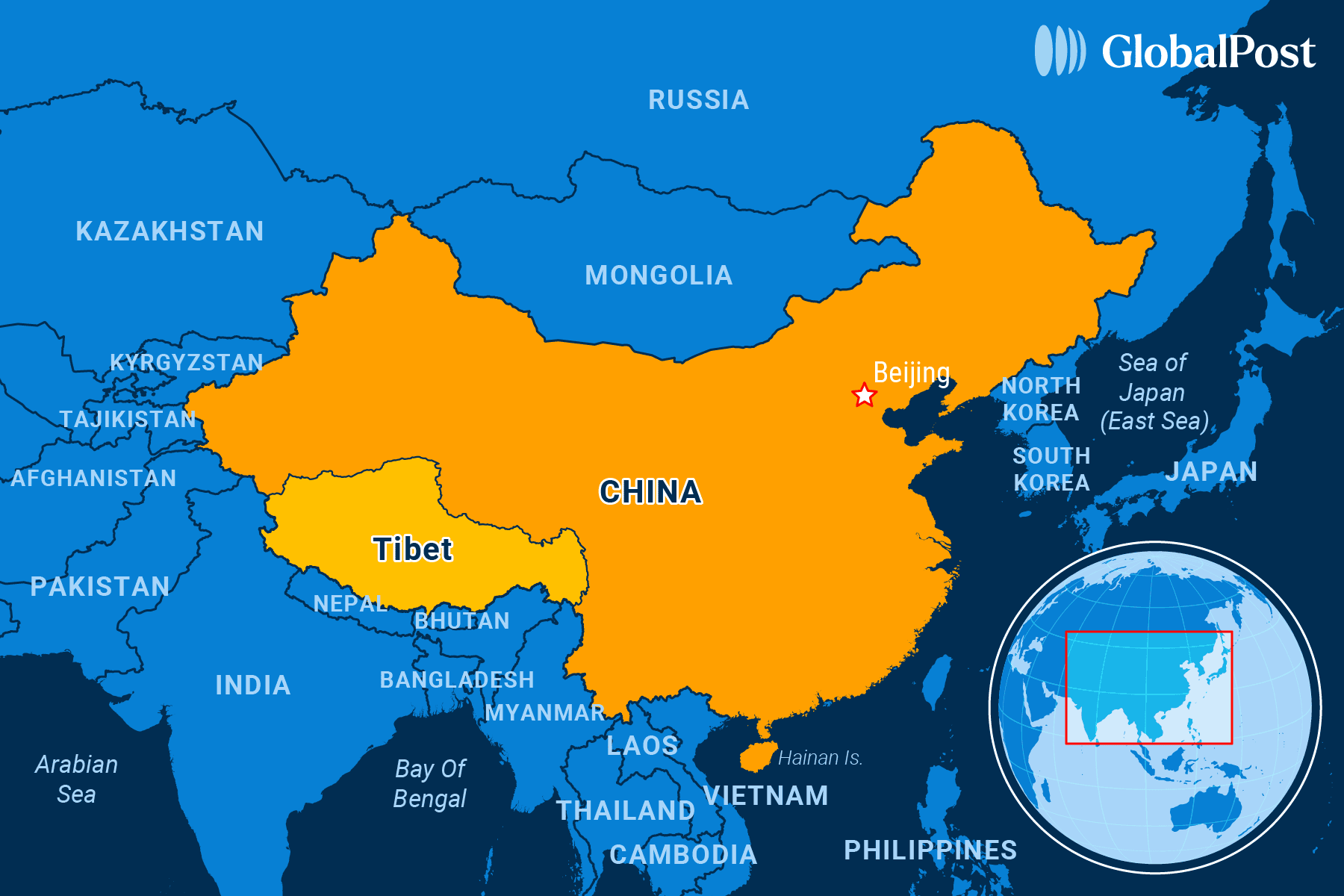Quake at the Peak

More than 120 people were killed in a high-magnitude earthquake in the mountainous region of Tibet in western China on Tuesday, with tremors being felt across the Himalayas and rescue missions working in freezing conditions to aid isolated communities, CNN reported.
The 7.1-magnitude earthquake struck at 9:05 local time at a depth of 6.2 miles in Dingri county, along the Himalayan border with Nepal. It was followed by multiple aftershocks, with tremors felt in neighboring Nepal, Bhutan, and parts of northern India.
More than 1,000 houses experienced some form of damage in Dingri, where the average altitude is around 15,000 feet, according to the New York Times. It is not yet clear how many residents have been left homeless by the quake.
Frantic rescue efforts were being conducted without heavy equipment, highlighting the challenge of delivering critical aid and resources to isolated communities in the region. Rescue workers face the pressure of time to locate survivors, as the temperatures in the region are as low as 5 Fahrenheit.
The Tibetan holy city of Shigatse was the nearest major city to the epicenter of the earthquake and is home to about 800,000 people, noted CNN. The city is home to the centuries-old Tashilhunpo Monastery, the traditional seat of the Panchen Lama, the second-highest spiritual leader in Tibetan Buddhism after the Dalai Lama. No damage to the monastery has been so far reported.
Chinese President Xi Jinping ordered officials to minimize casualties and resettle survivors after the disaster. Around 3,400 rescuers and more than 340 medical workers were deployed for the search effort, equipped with tents, winter coats, quilts, and folding beds for survivors.
Tibet is one of the most underdeveloped and inaccessible parts of China. Robert Barnett, a professor from the School of Oriental and African Studies in London, told the New York Times that rescue efforts might be affected by damaged roads, describing the region as a “vast moonscape”.
Barnett also noted that the roads are “quite few and susceptible to landslides.”
Security in the region has also been heightened for decades because of tensions between the Chinese government and Tibetans, who have long struggled to maintain their religious and cultural freedom in the country. International journalists are forbidden from traveling independently in the area.

Subscribe today and GlobalPost will be in your inbox the next weekday morning
Join us today and pay only $46 for an annual subscription, or less than $4 a month for our unique insights into crucial developments on the world stage. It’s by far the best investment you can make to expand your knowledge of the world.
And you get a free two-week trial with no obligation to continue.
